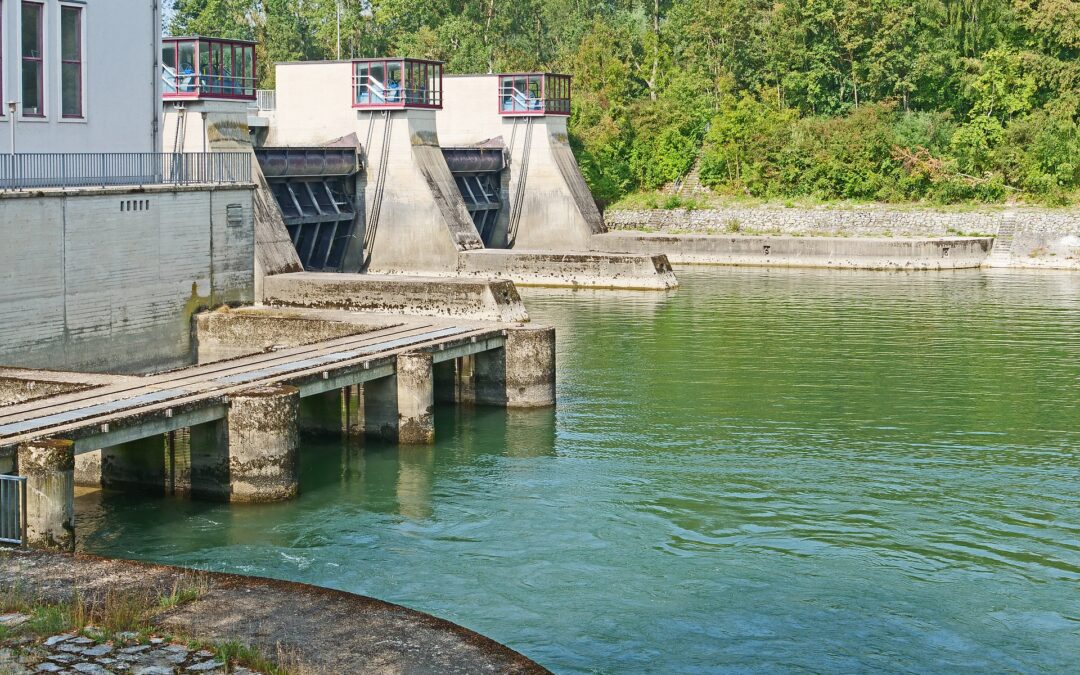David Hoffman, Bankwatch, 2019
Some things you don’t want to be right about.
When I first met communities in Adjara on the border of Georgia and Turkey in 2015, many feared that the blasting and tunneling that had begun on the 185 MW Shuakhevi hydropower power plant would damage their homes, destroy their lands and dry their wells. If their lands no longer provide subsistence, the villagers would need to relocate, a terrifying prospect given the abundance of fertile soils and water resources in this remote, agrarian corner of southwest Georgia. Dato, our campaigner with Green Alternative, was sympathetic to their concerns and warned a news crew reporting for al Jazeera about the risks of Shuakhevi:
“A detailed geological survey was not done for an area that is prone to landslides. This will cause serious consequences, and maybe tragedy, because this is a densely populated area.”
That 2015 visit was timed to coincide with the annual meetings being held in Tbilisi of the European Bank for Reconstruction and Development, the largest and most important financier of hydropower projects in Georgia. Our intent was to take the locals’ concerns to the bank, but the response to the problems with construction at Shuakhevi fell on deaf ears with Alastair Clarke, the bank’s managing director for environment and sustainability:
“We are acutely aware that these projects are sensitive, and we will undertake detailed engineering and scientific studies in order to reduce their impacts.”
Alastair Clarke
Fast forward four years and the Shuakhevi project is still not operational, and what we saw on our most recent visit this summer confirmed the villager’s initial fears…
These communities are the ones that now bear the brunt of the project first hand. For example, in Gurta we visited teachers in the local school who complained about how erosion caused by tunneling was already being felt. Mzia Kakhadze, a teacher in Gurta, said, “We have always protested this construction because the village has landslide risks, but the company was always convincing us that nothing serious would happen because such big banks were participating in this process. But then the tunnel collapsed.” …
All villages were concerned about disappearing springs, which they rely on for drinking, irrigation and maintaining households. In Golkhanauri, villagers said that during the construction on the derivation tunnels, the amount of spring water decreased significantly, creating shortages of drinking water. While the company had provided water from another source, the amount was not enough to keep up with their irrigation needs, so income from selling agricultural products went down…



Recent Comments